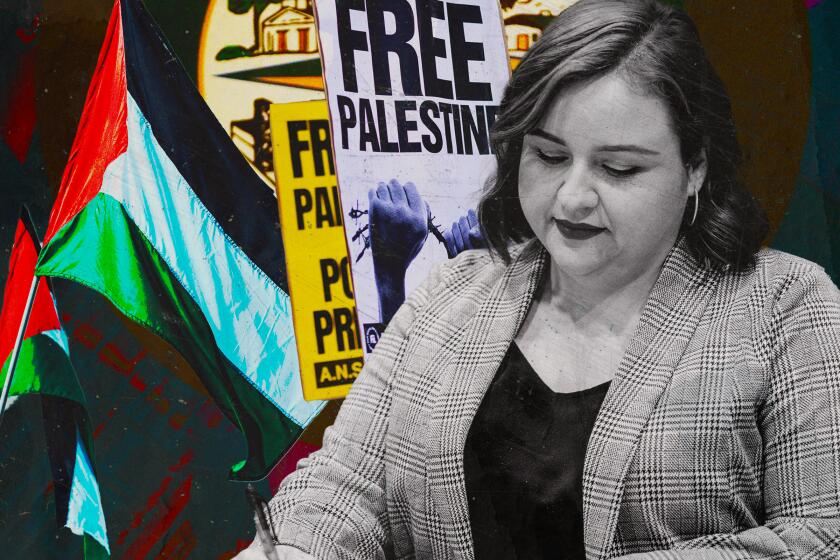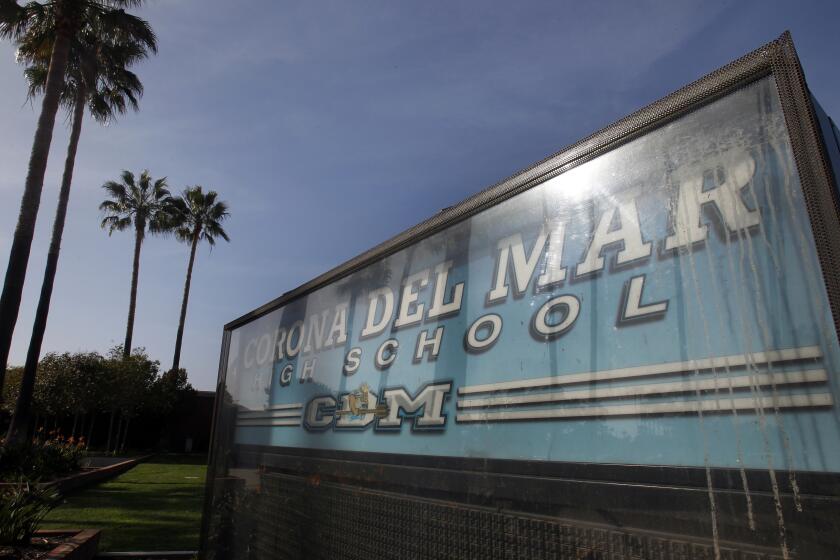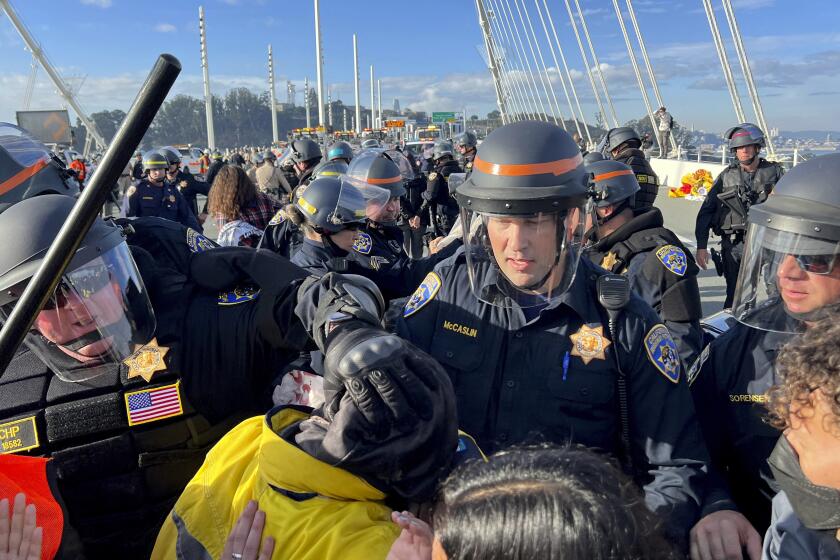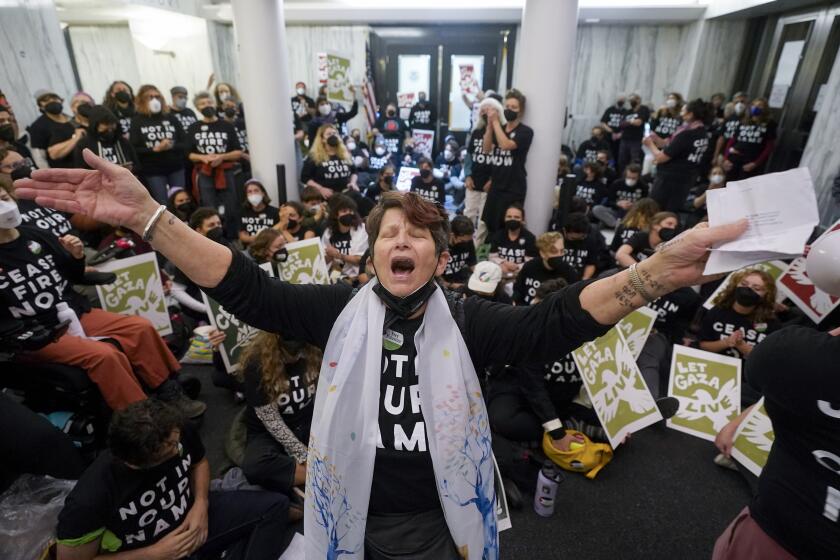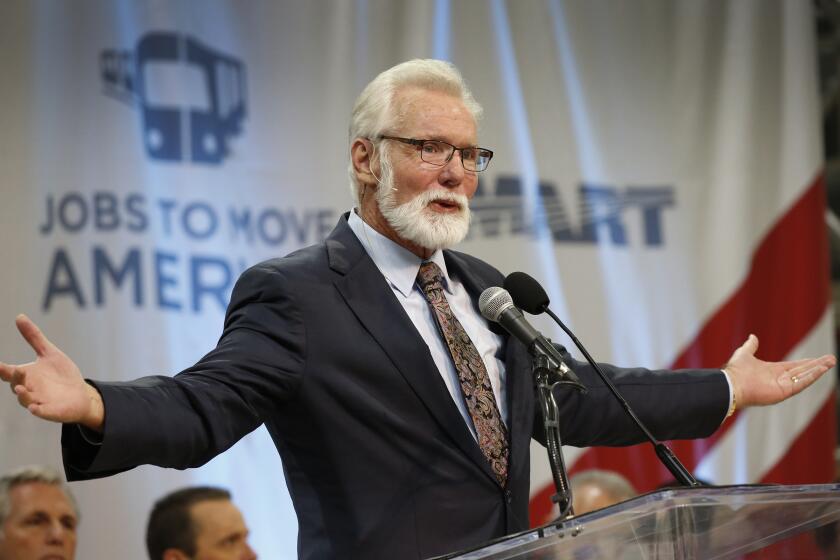California cities tackle Israel-Hamas war: Taking a stand or inflaming divisions?
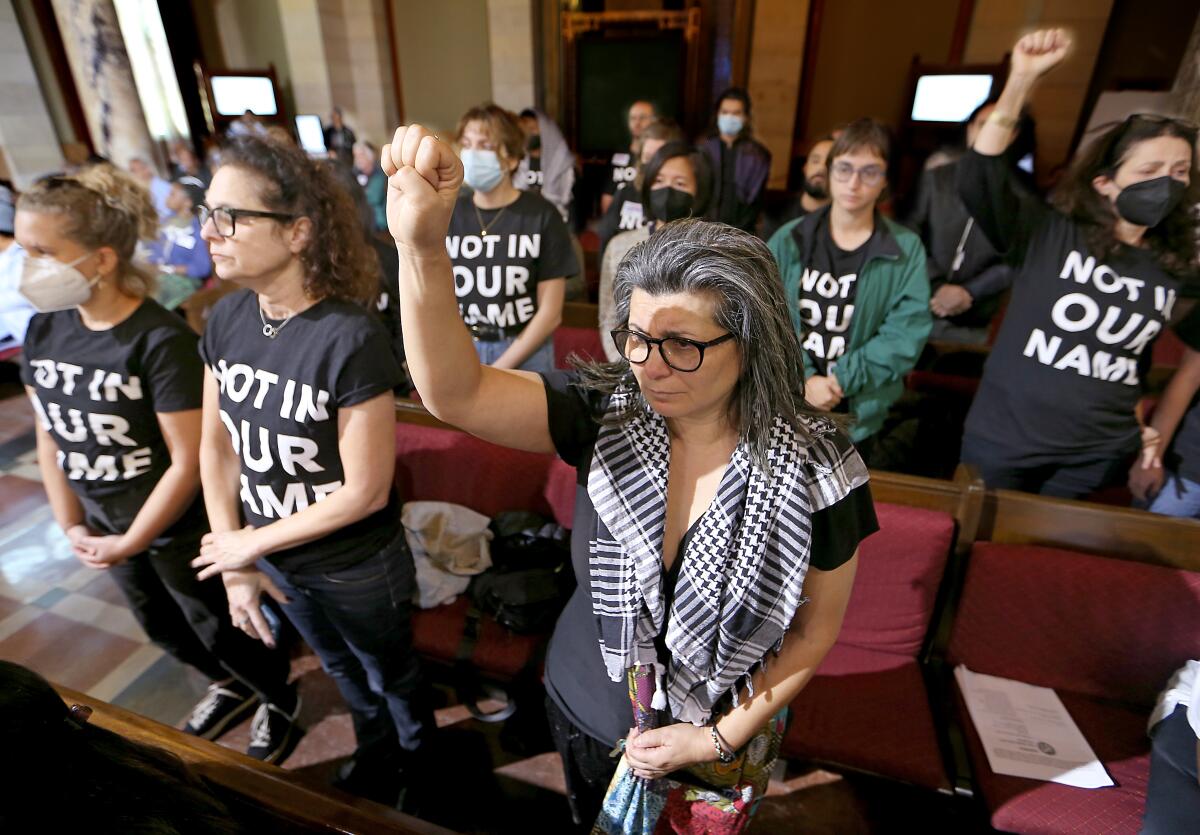
- Share via
Weeks after the Hamas invasion of Israel and amid that nation’s attacks on Gaza, a few hundred Bay Area residents packed a Richmond City Council meeting to passionately debate the merits of a resolution calling for a cease-fire.
Hamas’ attack on Oct. 7 killed roughly 1,200 people and led to the kidnapping of more than 200. Since that day, Israel is believed to be responsible for at least 15,800 Palestinian deaths.
By the end of the Richmond council meeting — after six hours of raging debate — members passed a proclamation saying the city’s 114,000 inhabitants stood “in solidarity with the Palestinian people of Gaza.” It also accused the state of Israel of “ethnic cleansing” and the war crime of “collective punishment.”
Richmond is not alone. Other California government agencies — including the Santa Ana City Council and the San Francisco Board of Supervisors — are considering or have debated taking a stand on a war that has spurred violent, dueling protests in the state as well as schisms in schools and community strife.
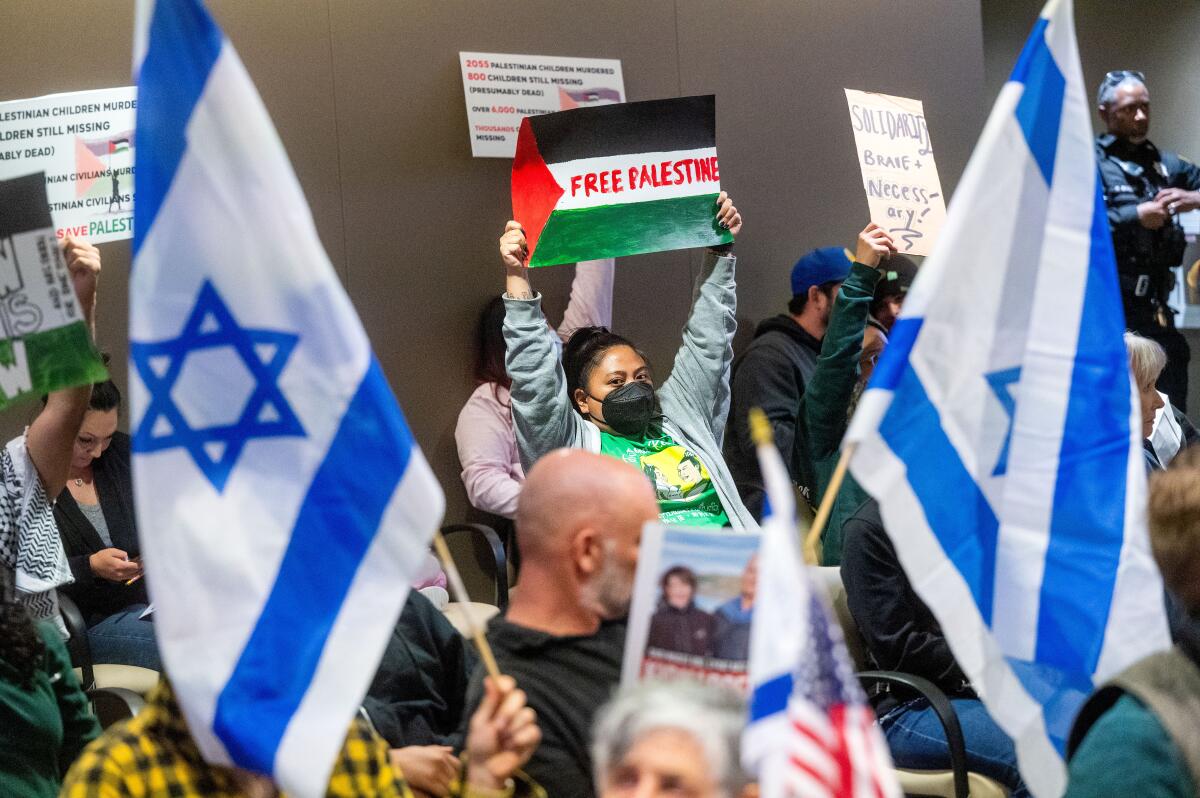
Local governments have been taking stands on global issues for decades. But given the intense debate over the war, the resolutions have heightened divisions in some communities and raised questions about what governments get out of them.
Much of the debate has taken place in heavily Democratic cities, underscoring the larger fissures the party is seeing over the war, both in California and nationally. Some public comments made at an Oakland City Council meeting sparked criticism from top Democrats, who said they downplayed the bloodshed by Hamas.
Cudahy is the first city in Southern California to support the Palestinian people of Gaza with a resolution that calls for a cease-fire.
Some who commented in person at Richmond’s Oct. 27 meeting applauded City Council members for taking action and helping the “caged people of Gaza” with a “brave and necessary act” against the “apartheid state of Israel.”
Others fiercely railed against the same body, saying that claims of apartheid, genocide and ethnic cleansing were not just “fundamentally untrue and inaccurate” but also “inflammatory and biased” and would “deeply exacerbate the trauma and vulnerability of the local Jewish community.”
Like Richmond, the cities of Cudahy and Oakland recently passed resolutions.
Cudahy’s said Palestinians had “lived under violent and dehumanizing conditions” and that the council was “grieving all lives lost as a result of this genocide.” It passed with three votes for, one abstention and one absence. Oakland was unanimous in its passage of a resolution that included input from Jewish and Muslim leaders and called for a cease-fire in language that mirrored House Resolution 786, authored by Rep. Cori Bush (D-Mo.).
The Berkeley City Council, however, objected to making any statements, despite calls to do so from protesters at meetings, believing they “fan the flames of hatred here at home.” Santa Ana council members and the San Francisco County Board of Supervisors, meanwhile, had resolutions on their meeting agendas.
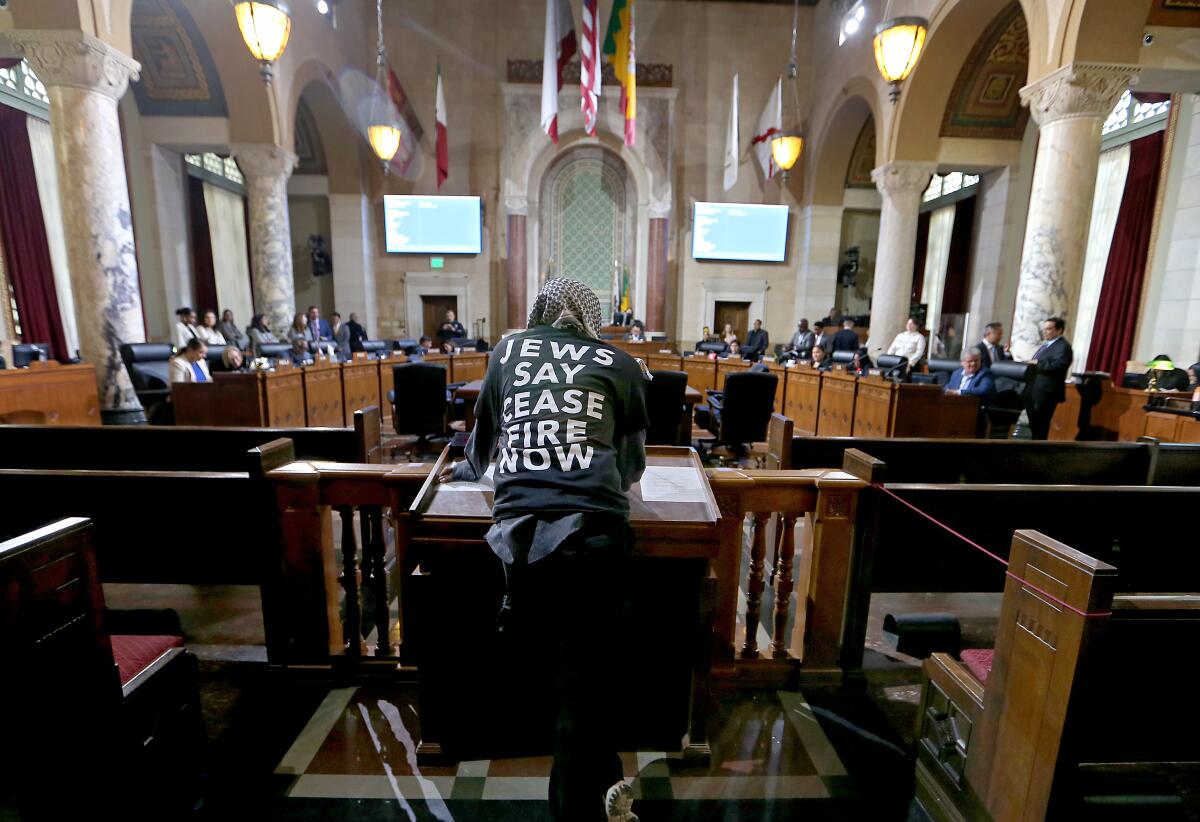
Santa Ana’s draft references Human Rights Watch’s definition of Gaza as “the world’s largest open-air prison” while quoting Israeli American scholar Omer Bartov, a Holocaust expert, who said Israel’s action marked “a clear intention of ethnic cleansing.” The City Council debated for hours at Tuesday night’s meeting before ultimately not supporting the measure.
San Francisco Supervisor Dean Preston also presented a resolution at Tuesday’s meeting, calling for a cease-fire and describing Hamas’ attack as “brutal” and Israel’s subsequent counterattack as “devastating.” Groups, such as the Arab Resource & Organizing Center, called for “a mass mobilization for Gaza” in the form of supporters flooding the meeting. More than 1,000 people packed City Hall. An official vote is expected to take place at an upcoming meeting.
The city of Richmond voted to support the Palestinian people in Gaza with a controversial resolution after a marathon City Council meeting.
A few Sundays after the Richmond City Council made its stand, the Rev. Kamal Hassan, Presbyterian pastor of Sojourner Truth Church, spoke before his congregation of about 100 of his desire for “Palestine to be free.”
The 66-year-old Richmond pastor called the council’s action “a correct and in some ways a courageous stand.”
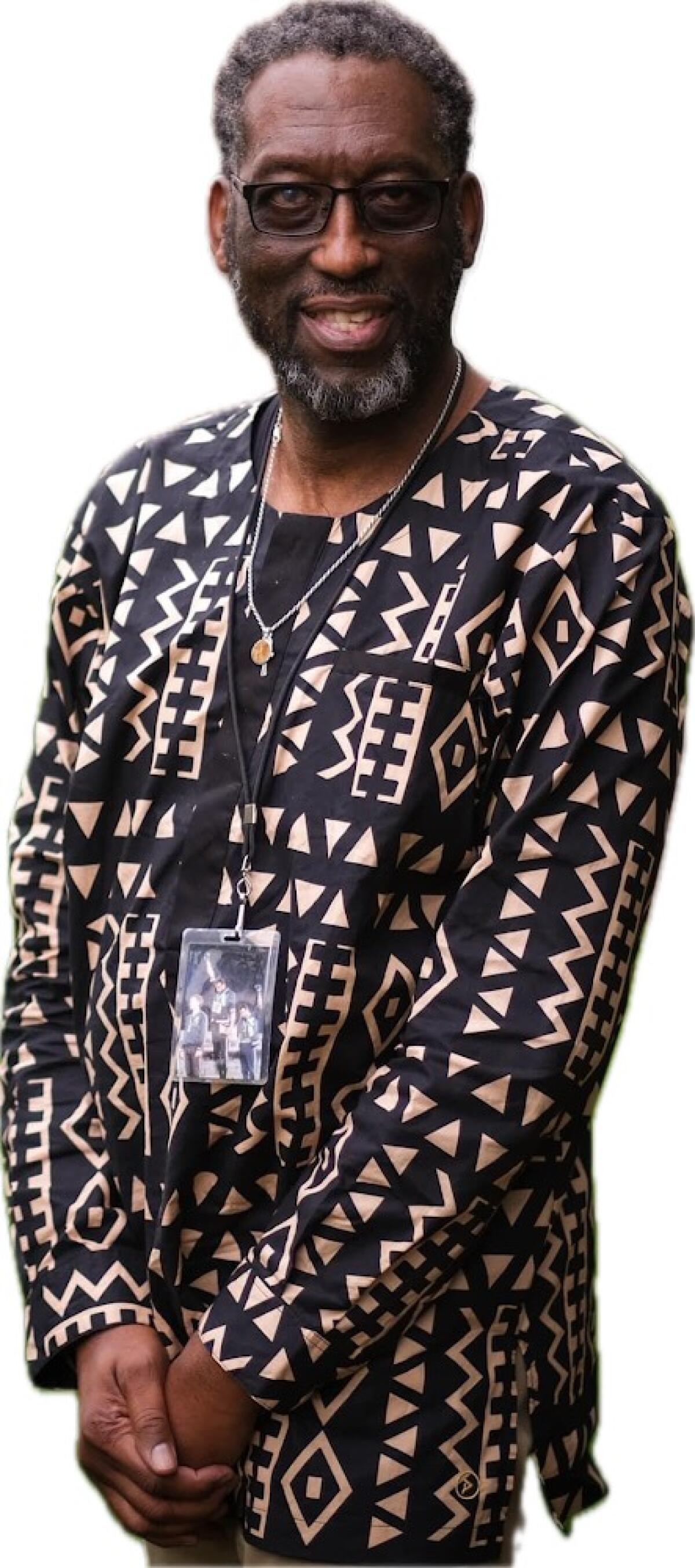
“There is certainly a great deal of opposition,” he said, “to speaking on behalf of Palestinians and the people of Gaza and naming Israel as complicit in the harms.”
Deacon Asha Weber said she had seen members of the mostly Black congregation and the community identify with Palestinian suffering.
“Some folks are calling out because their people are being marginalized or they identified with the marginalization,” said Weber, who is in her mid-30s. “And they see the consequences of structural entities having a certain amount of power, the right access and allies, while others have none.”
Weber was referencing Israel’s alliance with the United States. America contributed $3.3 billion in foreign assistance to Israel in 2022, the latest year for which information was available, according to USAFacts.org. Almost all that money went to military assistance, according to the fiscal government watchdog.
A Corona Del Mar Middle and High School student was suspended this week for remarks made to another student that included the words “Free Palestine,” according to school officials and social media posts.
Weber said she was concerned, however, with “acts of violence” against the Jewish community and said their “real fear is something that we should listen to.”
Like a number of other locals, though, she didn’t feel the council had overstepped its role.
William Hall, an adjunct professor of business and political science at Webster University in St. Louis, said there was “a long-standing precedent” nationwide of city councils passing resolutions on international matters.
Berkeley’s council, though not currently in favor of making a resolution, was one of the first to call out South African apartheid in 1972. In Los Angeles, council members passed a resolution in 2003 opposing the Iraq War, and many cities passed resolutions showing solidarity with Ukraine shortly after the Russian invasion.
Hall said, however, that whereas previous resolutions often had a “direct or significant impact,” he did not believe such resolutions currently being passed on the Israel-Hamas war would have any effect on U.S. foreign policy.
And he noted that the reasons cities pursue such proclamations aren’t always noble.
He said municipalities could be making these statements “to distract or take away attention from areas that they’re failing.” Or, he added, city councils could be “supporting one political interest over another” as a way to quell political pressure or to pick the side they “think will enhance their political capital.”
Jane Kemp, a board of directors member with Richmond’s Temple Beth Hillel, said in her public comments before the City Council that the resolution was a “vanity project” meant to boost “progressive politics.”
Kevin Wilk, a member of the City Council in the Bay Area city of Walnut Creek, implored the Richmond City Council in a letter to avoid picking a side due to “pressure from the community,” which he described as “intense.”
“Whichever way you vote, you will upset many Richmond residents who you have the responsibility of representing,” Wilk wrote.
About 250 pro-Palestinian protesters demanding a cease-fire in Gaza shut down westbound lanes of the Bay Bridge, bringing traffic on the crucial route to a halt.
Regardless of the reason behind the decision, careful wording in resolutions is paramount to avoid additional strife, Hall said. The former U.S. Department of Justice mediator helped communities deal with conflicts due to race, religion and other matters for more than a decade.
“The problem ... is that you can fan the flames of hatred,” Hall said. “When a community makes a decision to recommend a resolution, much thought should go into the impact and the consequences.”
For 58-year-old Orinda resident Diana Honig, Richmond’s resolution presented a “false dichotomy between being ‘pro-Palestinian’ or ‘standing with Israel.’”
The former disability rights attorney, Reform Jew and lifelong progressive said she does not support Israeli Prime Minister Benjamin Netanyahu. She is also against “the occupation of Palestinian territories, the illegal settlements in the West Bank, and the failure of the Israeli military to minimize civilian casualties.”
She said the Richmond City Council is driving a wedge through the community with “triggering language.”
“Community leaders,” she said, “have a responsibility to ensure that they acknowledge differing perspectives, engage in rigorous fact-checking, exert caution in making assumptions, and reflect deeply about the best way to craft messages they are using to influence community thought.”
Like in Richmond, debate over Oakland’s resolution lasted for hours, with hundreds of speakers and more than a thousand messages posted online.
Jewish organizations calling for a cease-fire in the Israel-Hamas war staged a sit-in Monday at an Oakland federal building. Hundreds were arrested after refusing to leave.
The Oakland meeting made national headlines after a clip on social media showed several speakers opposing an amendment to the resolution that would have condemned Hamas, with some speakers appearing to back the militant organization. The amendment failed. Gov. Gavin Newsom and others later criticized the comments on Hamas.
“Hamas is a terrorist organization. They must be called out for what they are: evil,” Newsom wrote on X, the social media platform formerly known as Twitter.
The discussion and the resolution left Christian Hernandez feeling “split.” Hernandez worked for four years at Oakland’s Community Education Partnerships, an organization dedicated to enhancing educational opportunities for homeless and housing-unstable children.
“I can really sympathize with everything happening overseas, and it’s important to be aware of the situation,” said Hernandez, 27, a Spanish-language interpreter. “However, you don’t need to look halfway around the world for problems.”
Hernandez said it was jarring to see hundreds of people attending Oakland’s meeting, in person and virtually, while “not showing interest” on important local issues.
Months earlier, only eight people spoke about the city’s endorsement of the Ebony Alert Bill, which establishes an alert system to help find lost Black youth throughout the state.
“It bothers me that we’re not as engaged in other important issues as a community,” Hernandez said.
More to Read
Sign up for Essential California
The most important California stories and recommendations in your inbox every morning.
You may occasionally receive promotional content from the Los Angeles Times.
